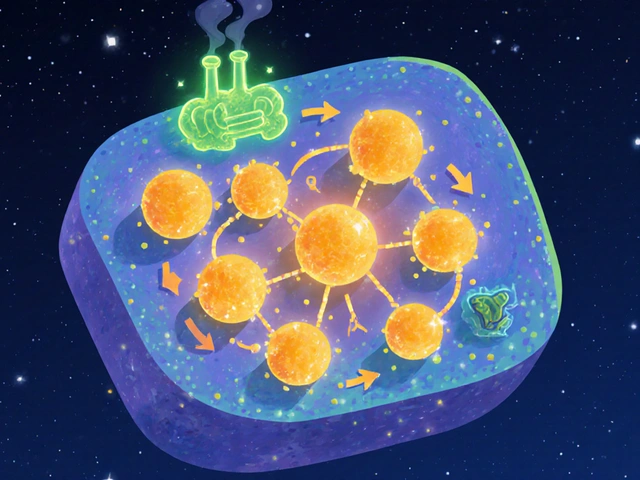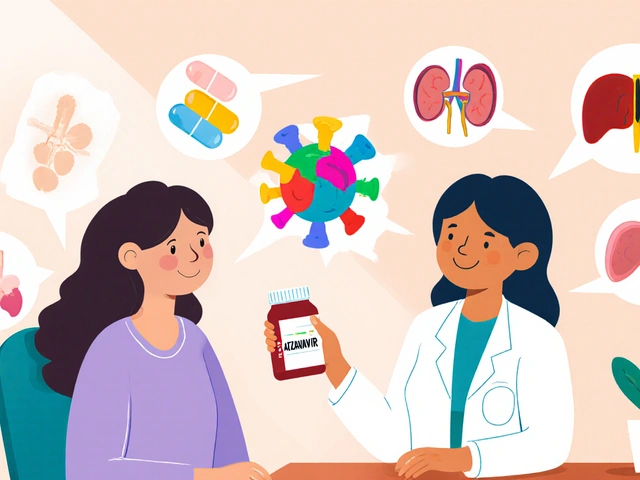Cat Hiccups: Why They Happen and What to Do
Hiccups in cats are common, especially in kittens, and most of the time they stop on their own within a few minutes. Still, it’s normal to worry when your cat makes that odd little hiccup sound or seems to spasm. This page gives simple, practical steps you can try at home and clear signs that mean it’s time to visit the vet.
Common causes
Here are the typical reasons your cat might hiccup:
- Eating or drinking too fast: Gulping air while rushing food or water can trigger hiccups.
- Excitement or stress: Sudden play or anxiety can make the diaphragm spasm.
- Hairballs: A hairball irritating the throat or esophagus may cause repeated hiccups.
- Gastrointestinal upset: Reflux or a mild stomach upset sometimes shows up as hiccups.
- Respiratory issues: Coughing, asthma, or infections can mimic or cause hiccup-like spasms.
- Foreign object or strictures: Something stuck in the throat or narrowing of the esophagus can make hiccups persist.
Quick home fixes
Try these safe, low-effort steps first:
- Slow the feeding: Use a slow-feeder bowl, spread food on a flat plate, or give smaller meals more often.
- Fresh water, small sips: Offer water in a shallow dish and encourage calm drinking rather than gulping.
- Calm the environment: Reduce loud noises or rough play for a while—less excitement means fewer spasms.
- Help with hairballs: Regular grooming and a vet-approved hairball gel can reduce throat irritation.
- Gentle massage: Softly rub your cat’s throat and chest for a few seconds to relax muscles—stop if your cat resists.
Do not give human hiccup remedies, antacids, or any medication without talking to your vet first.
When to see a vet
Most hiccups are harmless, but get veterinary care if you notice any of the following:
- Hiccups that last more than 24–48 hours or keep coming back often.
- Difficulty breathing, noisy breathing, persistent coughing, or blue gums.
- Loss of appetite, vomiting, lethargy, or signs of pain.
- Choking, pawing at the mouth, or gagging without relief.
The vet will do a physical exam and may suggest X-rays, bloodwork, or airway checks to find the cause. Treatment depends on the issue—antibiotics for infections, inhalers for asthma, removal of a foreign object, or dietary changes for reflux.
If your cat hiccups now and then but acts normal otherwise, watch and try the easy fixes above. If anything looks off or the hiccups won’t stop, get professional help—better safe than sorry.
Ever heard your dog or cat making odd hiccup noises and wondered what’s going on? This article unpacks why pets get hiccups, what triggers them, and if you need to worry. You’ll learn how to spot when it’s normal and when it needs a vet visit. There’s also simple advice for treatment at home and smart ways to keep hiccups from happening. By the end, you’ll feel a lot more confident dealing with pet hiccups.
View Details

